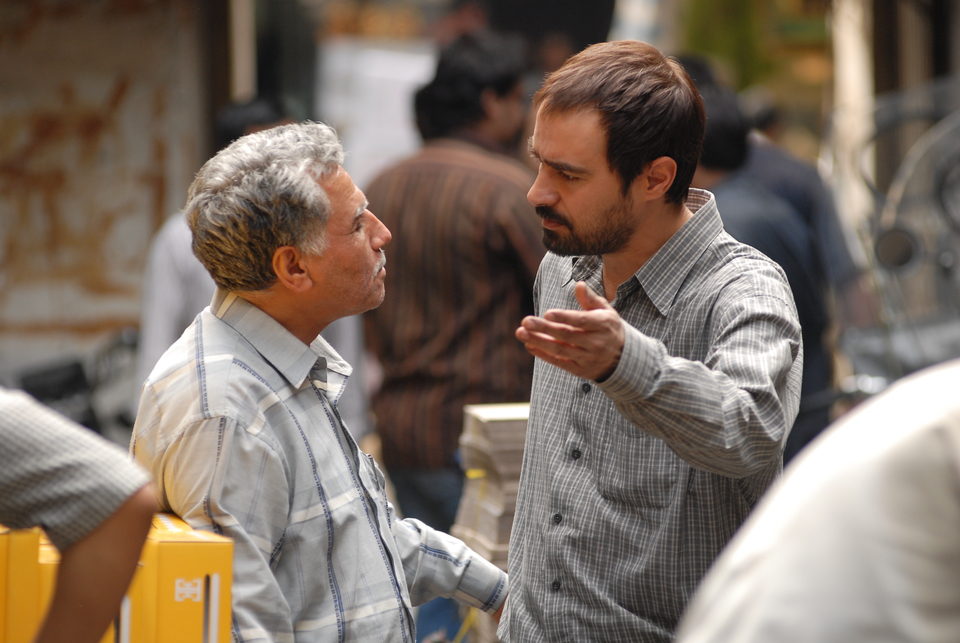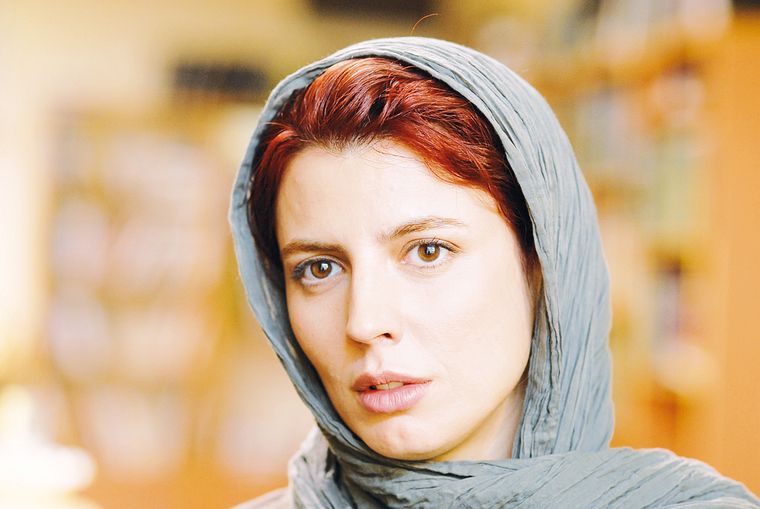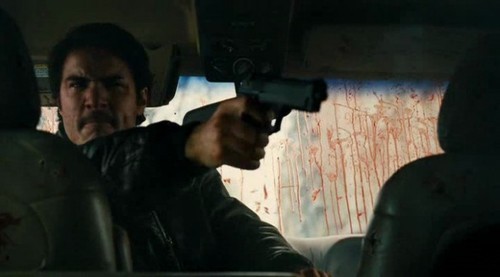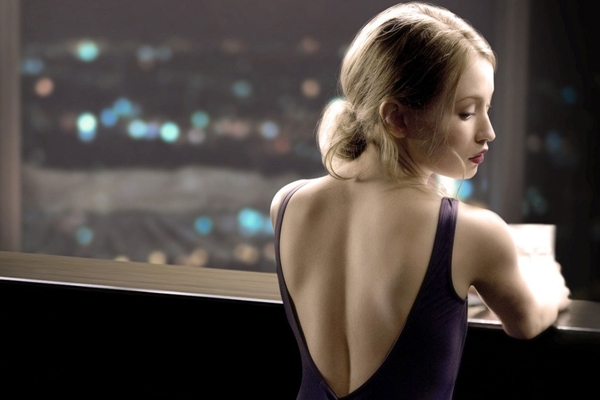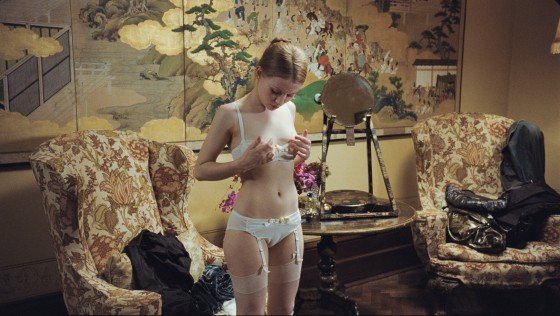The satisfaction of seeing this film will depend on the ability of the public to understand what is happening on the screen, as the narrative structure is based on levels where the action takes place simultaneously with speed mismatches while the time passes. I'm pretty sure "Inception" not going to be understood by all the effort involved to understand the plot.
Christopher Nolan took ten years to carry out this film which includes the ability of people to enter the world of dreams. No technological explanations such as "Star Trek" how does such a feat, so there is a script built as a maze where the goal of Cob (Leonardo DiCaprio) is more valuable than money, but the ways to achieve this are as complex as the dreams of where the information is.
Nolan in his script plays a lot with visual concepts of the subconscious, is a kind of staging of the sleep process where you can be involved in the creation of a world limited by your own ability. It's amazing to have the ability of a God. The time must have gone on polishing this work deserves recognition!
The visual effects beyond the boundaries of fantasy, because they are a reflection of ideas built on reality. The last act where Cob and Ariadne (Marion Cotillard) walk through a city built from nothing, is a pleasure to be hold. I can not forget the direction of Nolan who also wrote the screenplay, which follows the Dark Knight style with large majestic shots filmed on location, always with enough light to keep details in truth there are no tricks and no money should be spared in this production , 200 million are reflected on the screen.
Christopher Nolan took ten years to carry out this film which includes the ability of people to enter the world of dreams. No technological explanations such as "Star Trek" how does such a feat, so there is a script built as a maze where the goal of Cob (Leonardo DiCaprio) is more valuable than money, but the ways to achieve this are as complex as the dreams of where the information is.
Nolan in his script plays a lot with visual concepts of the subconscious, is a kind of staging of the sleep process where you can be involved in the creation of a world limited by your own ability. It's amazing to have the ability of a God. The time must have gone on polishing this work deserves recognition!
The visual effects beyond the boundaries of fantasy, because they are a reflection of ideas built on reality. The last act where Cob and Ariadne (Marion Cotillard) walk through a city built from nothing, is a pleasure to be hold. I can not forget the direction of Nolan who also wrote the screenplay, which follows the Dark Knight style with large majestic shots filmed on location, always with enough light to keep details in truth there are no tricks and no money should be spared in this production , 200 million are reflected on the screen.


